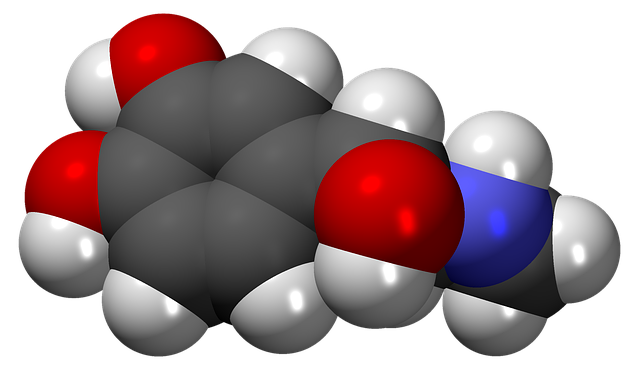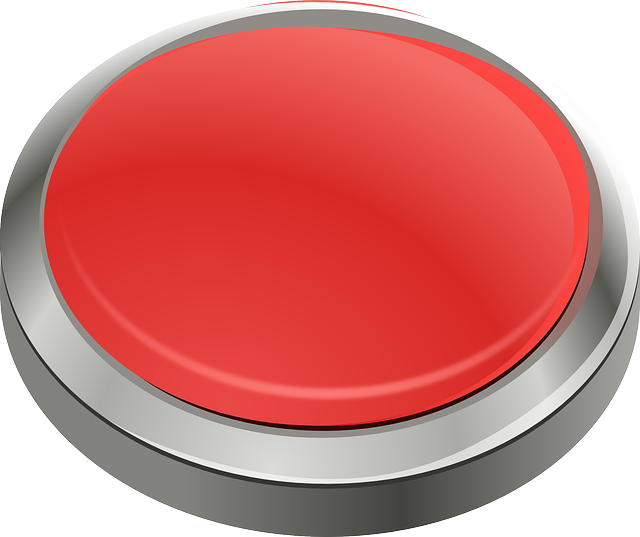Hmm, how to start a blog about hormones. The topic is so immense and to truly cover it is far beyond my scope or knowledge. But I do know this – hormones are involved in everything your body does. When your body isn’t doing something the way it should, you can guarantee there is an imbalance of hormones involved. Gaining weight, losing weight, gaining muscle, regulating temperature, sleeping or not sleeping well, menopause, fertility, libido, etc. It’s all hormones!

And what exactly ARE hormones?
They are tiny molecules that are derived from either amino acids (protein) or fat and serve as messengers in the body. So in order to make the proper hormones to run everything your body does, you need to consume sufficient protein and fat. And preferably good sources. They are produced by various glands for specific purposes and attach to specific receptor sites on the areas of the body where they are sent to convey their message.
For example, insulin is a hormone produced by the pancreas. In response to blood sugar levels rising, the pancreas produces and releases some of these insulin hormones that attach to receptor sites on our cells and allow blood glucose (sugar) to enter into the cell. In what’s called a negative feedback loop, when the cells no longer need any more glucose the pancreas is given the message that no more insulin is needed and it stops production.
But – back to what makes up a hormone:
You literally Are. What. You. Eat. And actually, beyond just that → you are what you ABSORB. Meaning, the health of your gut and digestive system is extremely important in your body’s ability to produce and regulate hormones.
The nutrients of your foods, namely fat and proteins, go beyond building muscle tissue or providing slower burning energy. Cholesterol and amino acids provide the raw materials for literally every hormone you produce. Your body is constantly producing and releasing hormones to act on their receptor sites and fulfill their functions. So providing the means to produce those hormones is so important.
So how do you know if you have any kind of hormonal imbalance?
⟶ ⟶ ⟶ ⟶ ⟶
- If you are unable to lose excess weight
- Unable to gain weight
- Struggle with fertility or abnormal menstrual cycle
- PCOS
- Low libido
- Constipation, diarrhea, or other digestive issues
- Irregular heartbeats
- Increased sensitivity to heat or cold
- Skin issues
- Depression or other mental/emotional health issues
- Thinning hair or nail
- And a whole bunch of other super fun symptoms. The list is quite long because hormones are involved in everything your body does!
The nutrients of your foods, namely fat and proteins, go beyond building muscle tissue or providing slower burning energy. Cholesterol and amino acids provide the raw materials for literally every hormone you produce. Your body is constantly producing and releasing hormones to act on their receptor sites and fulfill their functions. So providing the means to produce those hormones is so important.
So how do you know if you have any kind of hormonal imbalance?
- If you are unable to lose excess weight
- Unable to gain weight
- Struggle with fertility or abnormal menstrual cycle
- PCOS
- Low libido
- Constipation, diarrhea, or other digestive issues
- Irregular heartbeats
- Increased sensitivity to heat or cold
- Skin issues
- Depression or other mental/emotional health issues
- Thinning hair or nail
- And a whole bunch of other super fun symptoms. The list is quite long because hormones are involved in everything your body does!
How do these imbalances occur?
I’ve narrowed it down to two main reasons:
Not properly nourishing the body with the building blocks it needs and chronic stress.

As I mentioned before – your body needs the raw materials to make hormones. If you’re eating a low fat or low cholesterol diet or a crappy fat diet (vegetable and seed oils) you will not be giving your body what it needs. If you don’t eat enough protein, there won’t be available amino acids for all the many hormones and other molecules that need protein besides just your muscles. If you undereat food in general (which is not uncommon!) your body will downregulate your metabolism to conserve energy and therefore will not be producing hormones and other substances in optimal amounts. Food is more than calories. Ingredients matter. Quality matters. Eating actual know-where-it-came-from-food matters.
Chronic stress is a biggie when it comes to imbalanced hormones. Think of your brain having a big red “stress” button that gets hit every time your brain perceives a stress. Before modern times these stresses were more acute for people. Their stress button would get hit, the brain would tell the adrenals to produce cortisol and other stress hormones to get through whatever was stressing them and then the stress would end and things would go back to normal. For us though, we are constantly being stressed, without even realizing it.
A typical day for many people now looks like this:
Wake up early to an alarm, not when the body naturally wants to wake up. Either eat a fast breakfast or maybe no breakfast at all, or maybe just some coffee on the way to work. The drive to work may be rushed or you might be running kids to school. Traffic is annoying and you seem to hit every red light. Then maybe the day consists of sitting at a desk all day looking at the blue light of a computer. Or maybe you’re at home taking care of little kids which I’m sure is not relaxing! Lunch is either spent sitting at your desk, shoveled in between meetings, or maybe just picking at this and that while getting kids fed. Then after work you rush to get a workout squeezed in and maybe take a high intensity workout class. Or if you’re at home the kids come home and it’s rushing to get them fed and to whatever activities they’re in and homework completed. Or you eat while on your phone, computer, or sitting in front of the TV (🙋 🙈) . Then it’s more time on the computer or phone until you go to bed later than you intended to, knowing you’ll only get 6 or so hours of sleep.
That’s a few examples all morphed into one but the point is all of that is a stress to the brain and keeps the big red stress button perpetually “on.” It doesn’t matter if it’s traffic, a lack of sleep, unhealthy food, over-exercise, too much sitting, staring at a screen, or whatever else might be going on.
All that mess tells your brain that stress is occurring and the bigger priority is dealing with THAT so it keeps you in a state of fight or flight. Your body, in its infinite wisdom, is just trying to survive. And when it’s trying to survive, things like weight loss, fertility, fighting pathogens, detoxifying and cleaning house are just not as important.

Combine those many forms of stress with a nutrient-deficient diet and you have a recipe for out of whack hormones.
What can we do to help this?
You can probably guess what needs to be done. Eating a diet of whole foods – quality sources of meat and seafood. Plenty of fats from plant sources like avocado, olives, nuts and seeds, coconut, but also animal sources like salmon, grass-fed meat, ghee, butter, and other dairy if you tolerate it. Plenty of colorful vegetables and some fruits here and there. There is so much you can do with those foods to make them taste great.
The other part isn’t quite as easy and I’m going to devote the next blog post to going over ways to decrease the burden of stress on your body. Food is important but it’s not the only thing. We have to look at our lives and what we can do to better manage the stress we are faced with. Our hormones and health depend on it!
